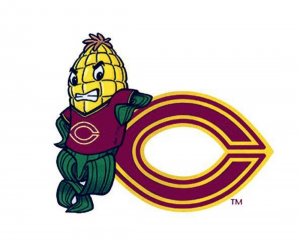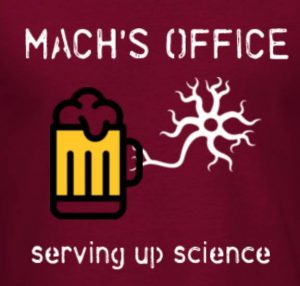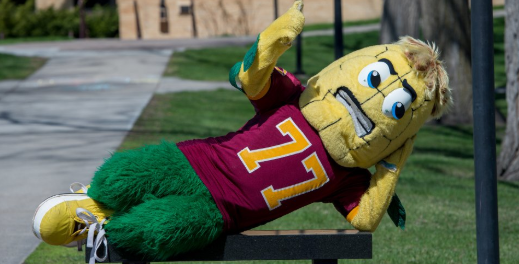Whenever someone asked me what classes I was taking this semester, I would rattle off: Pchem, microbio, and Neurochem. For some reason, they always would groan after the last one. I always corrected them: No! Neurochemistry is my fun class. I always loved coming to class and learning something new and exciting that not even world-class scientists knew what was happening. Neurochemistry is a class that counts for a senior capstone requirement. The 5 goals to liberal learning that should be displayed in a capstone class are:
1. Instill a love for learning
2. Develop foundational skills and transferable intellectual capacities
3. Develop an understanding of disciplinary, interdisciplinary and intercultural perspectives and their connections
4. Cultivate an examined cultural, ethical, physical and spiritual self-understanding
5. Encourage responsible participation in the world
 This great class covered every single requirement and more.
This great class covered every single requirement and more.
Instill a love for learning
For every class, we did something a little different, but our routine stayed the same. On Mondays, we came to class with a fully analyzed article that we read over the weekend. Now, I know that sounds very boring, but the articles were always very interesting about up and coming research on something cool. I read the journal articles, happily, because I was excited about the content and wanted to know more. We were learning about possible cures to terrible diseases and that was exciting!! What was even more exciting was that we could understand (mostly) what the articles were trying to investigate, because of the first couple of weeks that set up our knowledge.
Develop foundational skills and transferable intellectual capacities
For topics and questions we still were left with after Monday, we were each assigned something to look up for Wednesday’s Speed Dating Session. We looked up our topics and became experts in that field. Knowing how to research and where to find valid information was a useful skill that I picked up from this class. But once you had this wealth of information, it was hard to condense all the stuff you learned into two minutes. However, that is an important skill to have in life, but also in the field I am going into, pharmacy. We need to take complicated systems and sum it up into a short time to keep the attention of our patients. This class was good practice for what I want to do in the future.
Cultivate an examined cultural, ethical, physical and spiritual self-understanding
Fridays was a good day for reflection. We met in the comfy chairs of Knutson and conversation was lead by specific leaders every time. They came with a list of questions to get us talking, but the conversation always kept going with something new that someone points out. This was a good time to share how the topic of the week affects you. Truthfully, this felt like a counseling session at times, with people sharing their deep stories. However, we felt comfortable doing this, because of the time we’ve spent together becoming a family. During mental health week, I shared the story of how my uncle committed suicide and how that took a toll on our family. Fridays were a time that we could reflect on the week and what we learned to see how we could apply that knowledge to our own lives and careers. It was enriching to see and hear stories and connections to every topic.
Develop an understanding of disciplinary, interdisciplinary and intercultural perspectives and their connection
A project that was great at demonstrating this requirement was the Community Action Project (CAP). The goal was to collaborate with the social work students who were also assigned the same neurological disorder in order to come up with something that involved the community. For my group, the Autism in the Classroom group, we decided there was a need in the community to put on a workshop for education majors to show the science behind autism and show how a teacher should react in different scenarios that they would often experience. The event went really well, having plenty of people (mostly bio and chem majors) show up, plenty of food donated by Erberts and Gerberts, and a fantastic speaker who agreed to come and share her story. This was a great way to have students from very different majors come together and develop a project that did some good for the community.
Encourage responsible participation in the world
For the last three Fridays of class, I had to be gone for interviews for pharmacy schools. I was very disappointed to miss my favorite class day of the week. However, even though I left neurochem class, neurochem class did not leave me. At my interview with University of Minnesota, one of the professors of pharmacy specialized his research on cannabis and the positive effects of marijuana for several neuronal diseases. It just so happened to be the week that we were studying endocannabinoids and I was able to talk intelligently on the topic with the gentleman. It was eye-opening to see that what we were learning in the classroom is not confined to the walls of the ISC.

This class has been such a great one to end my time at Concordia. It showed how I can BREW in my field and share what I know with the community. I have had such a great time getting to know amazing people and learning incredible new things.
